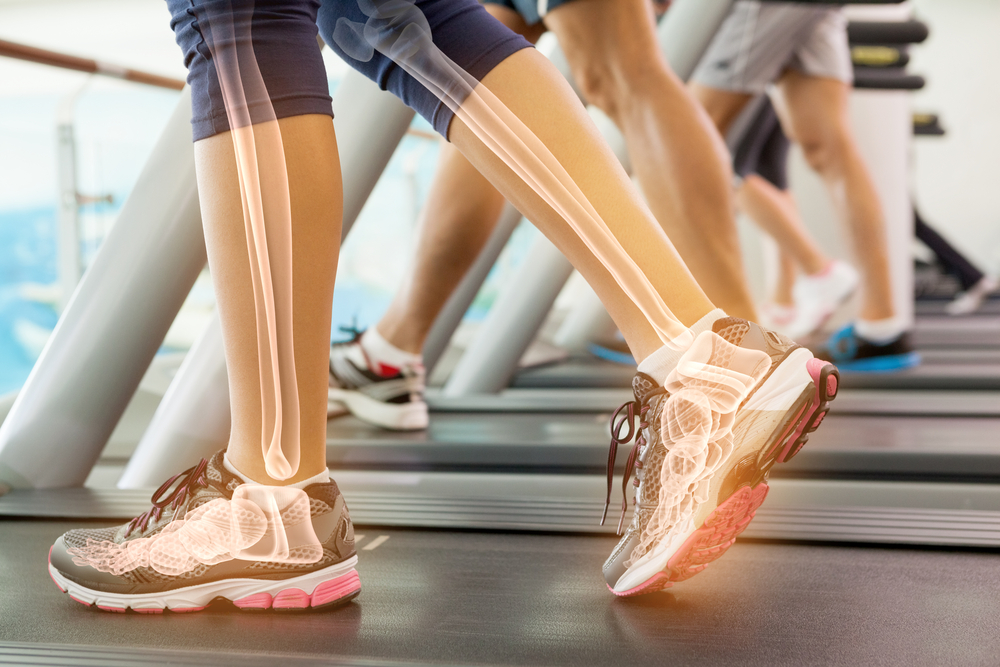
Vitamin D and K work together to keep our skeletons strong. Vitamin D helps us allow in and absorb calcium, while vitamin K effectively shuttles the mineral into the places we want it to go–our bones–rather than areas like our organs and arteries, where it can end up being quite dangerous. Atherosclerosis, for instance, a narrowing of the arteries caused by plaque build-up, is due in part to deposits of misplaced calcium.
Vitamin K, and K2 specifically, stimulates osteocalcin, a protein hormone, to bind calcium onto our bone structure rather than into our arteries. Vitamins D and K are teammates in this process of ushering in calcium and then directing to the right place.
According to Cindy Klinger, MS, RDN, LD, Nutritionist at Cambiati Wellness Programs in Lafayette, California. “A missing link is vitamin K. This fascinating nutrient effectively “tells” the calcium to bind to and build bone rather than circulate in our bloodstream (which is one reason Americans are eating so much dairy but it’s not necessarily protecting us against bone fractures and osteoporosis; they still might be missing out on enough vitamin K due to a variety of reasons).”
She goes on to add while choosing supplements “I always recommend my clients to take a vitamin D that includes vitamin K, and that their guts are in good enough shape to be able to absorb all these nutrients.”
Striking the Right Combination
Both vitamin D and vitamin K are fat soluble and are absorbed with the help of fat. So, when eating leafy greens, for example, make sure to include some seeds, nuts, avocado or a drizzle of olive oil to get the most from these foods. Also, for those on blood thinning medications like Coumadin, which can be contraindicated, talk to your doctor about the appropriate amounts of these foods for you.
Talking of Supplements
As for supplements, an approximate 1-100 ratio of vitamin K2 to vitamin D3 or cholecalciferol is about the optimal range. Cindy adds “One supplement I like is Vitamin D Complex by Designs for Health, which contains 2000 IU of vitamin D and 525 mcg of vitamin K (500 mcg coming from vitamin K1, 25 mcg coming from K2).” Depending on how much vitamin D supplemental support you need, that will affect how much vitamin K to take. There are also over the counter versions with similar ratios.
Important bone health minerals. Magnesium and calcium are also crucial, because nutrients cannot be isolated. They all work together to support these complicated processes in the body.